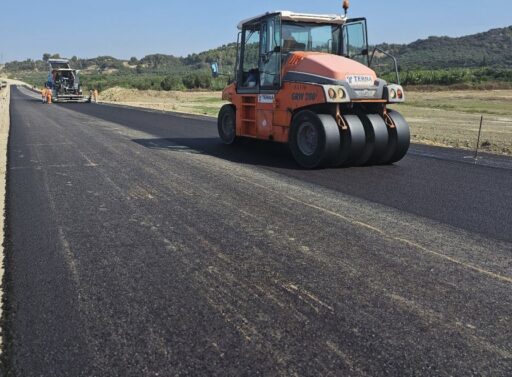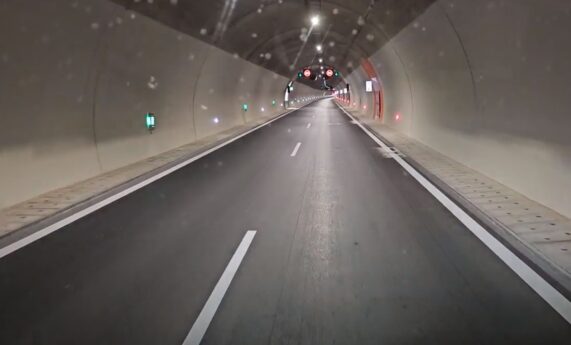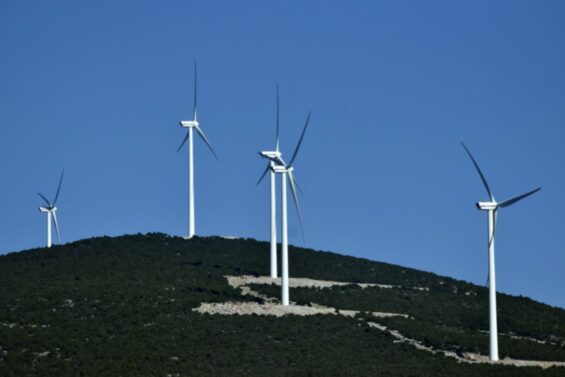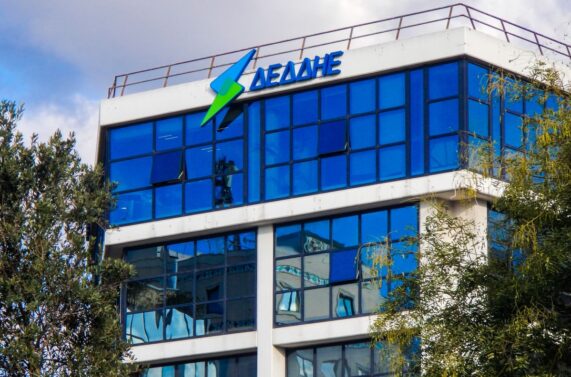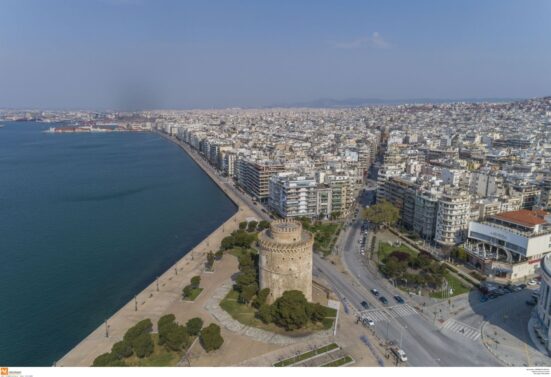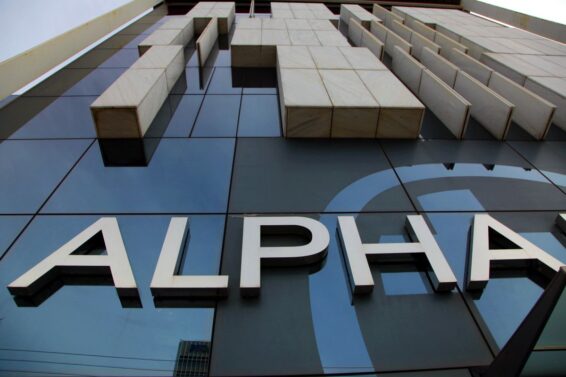France’s Court of Auditors has expressed concern over the fragility of French National Railways’ (SNCF) freight operations in a communication to government ministers which calls into question the “coherence and effectiveness” of French freight transport policy.
Between 2008 and 2016 the court carried out a series of investigations into the rail freight activities of SNCF Mobility, looking at the accounts and management of its rail freight subsidiaries, Fret SNCF and open-access operator VFLI. The court also looked at the performance of locomotive leasing unit Akiem, which was formed in 2008 with the aim of optimising the management of the SNCF freight locomotive fleet.
The court notes that despite efforts to reform Fret SNCF and streamline its operations, the company remains in a fragile state and is not economically viable.
In 2005 the state agreed a €1.4bn recapitalisation of Fret SNCF in return for a restructuring plan which aimed to make services more responsive to the needs of customers. This was a precursor to the liberalisation of the French rail freight market the following year.
Between 2008 and 2015 Fret SNCF cut its workforce from 14,933 to 7420 and sold 101 of its 262 locomotives to Akiem between 2009 and 2011. The court says this highlights the overcapacity in the operator’s fleet during this period.
Wagonload traffic was slashed from around 700,000 wagonloads in 2005 to 150,000 in 2014 and the organisational structure was streamlined, but despite these efforts, costs remain high.
“The cost and working conditions of SNCF staff continues to weigh on its profitability,” the court notes. Average gross pay of Fret SNCF staff increased by 2.8% annually between 2008 and 2014, compared with an average of 1.6% across the broader transport sector. Meanwhile, staff absence has increased from an average of 10.5 days in 2009 to 12.8 days in 2014. VFLI employee absence fell from 6.9 days to 6.6 days over this period.
Fret SNCF’s operating losses have fallen but were still the equivalent of 23.9% of turnover in 2015, when the company made a loss of €253m on revenues of €1.06bn. Net debt more than doubled between 2008 and 2014 from €1.79bn to €4bn and is forecast to reach €5.1bn by 2020.
While VFLI has grown quickly, capturing 38% of the French rail freight market by 2015, Fret SNCF’s market share has been in persistent decline. The court says VFLI has been successful because of “the flexibility of its offer, its social framework, and its more selective and non-generalist business model,” which has enabled it to adapt to changes in the market in a way Fret SNCF has not.
Decline
The French government launched a new rail freight strategy in 2009 which sought to rebalance the modal split in favour of rail. However, rail’s share of the inland freight market fell from 10.2% in 2008 to 9.5% in 2014 and volumes declined from 40.4 billion tonne-km in 2008 to 32.2 billion tonne-km in 2014, a 21% drop.
While this trend was driven by a decline in heavy industries, the court argues it was “aggravated by the poor state of the network, which has seriously degraded the reliability of paths allocated for freight trains, and therefore the quality of service considered essential by shippers, which have therefore switched traffic to other modes.”
The “dual role” of the state as both the driver of transport policy and SNCF Mobility shareholder is cited as a key issue and while the state has expressed support for rail freight it has implemented initiatives such as 44-tonne lorries and abandonment of the ecotax which have harmed the industry.
The new social framework introduced in 2016 is also regarded by the court as a “missed opportunity” to improve the competitiveness of Fret SNCF.
The maximum working time for traincrew is 1568 hours a year and a collective bargaining agreement signed in June 2016 has not translated into any savings for SNCF Mobility.
Freight operators will also face increasing track access charges, and the court argues that the provisions relating to rail freight in the state’s 2017-2026 contract with infrastructure manager SNCF Network are “not consistent with the state’s ambitions for this mode.”
In addition, the court suggests that mechanisms should be introduced to support shippers opting to use more environmentally-sustainable forms of transport.
Source: railjournal.com
ΜΗΝ ΞΕΧΑΣΕΤΕ
- Ακολουθήστε το ypodomes.com στο Google News και μάθετε πρώτοι όλες τις ειδήσεις για τις υποδομές στην Ελλάδα
- Αν είστε επαγγελματίας του κλάδου, ακολουθήστε μας στο LinkedIn
- Εγγραφείτε στο Ypodomes Web TV







